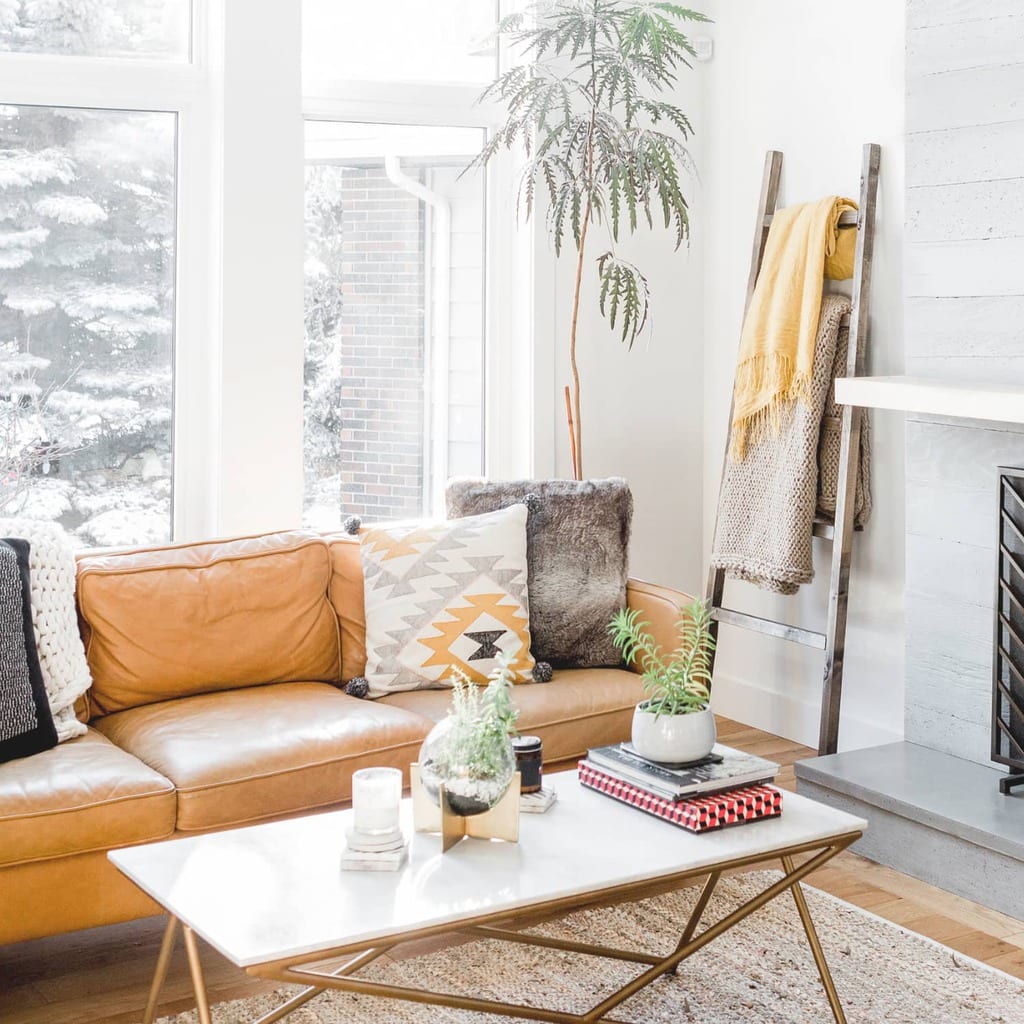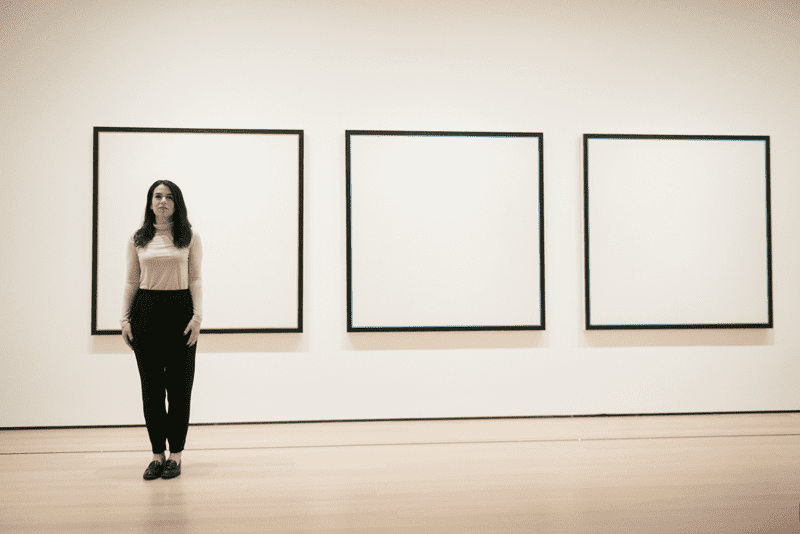Change Your Wardrobe and Way Of Thinking with the Concepts of Minimalism
Wiki Article
Comprehending Minimalism: Strategies for Minimizing Mess and Enhancing Quality in Everyday Living
Minimalism is significantly acknowledged as a practical method to boosting clearness and emphasis in today's cluttered world. By methodically evaluating our belongings and prioritizing intentionality, we can create spaces that not just mirror our values yet likewise promote psychological well-being. Utilizing methods such as the "Four-Box" technique can facilitate a much more well organized setting, yet truth obstacle depends on cultivating a minimalist way of thinking that maintains these initiatives. Checking out the subtleties of this approach might expose unexpected understandings into exactly how you can change your life. What might you discover when you embrace this deliberate simpleness?Specifying Minimalism and Its Advantages
Specifying minimalism entails comprehending it as a way of living selection that emphasizes simplicity and intentionality in both physical belongings and daily routines. At its core, minimalism motivates individuals to prioritize what absolutely matters, permitting a much more meaningful and concentrated presence. By stripping away the non-essential, minimalism invites people to involve deeply with their experiences and surroundings.The benefits of embracing a minimalist strategy are diverse. First of all, it fosters mental clarity, as lowering clutter in one's environment can result in reduced diversions and stress. Individuals frequently report boosted concentration and boosted efficiency when surrounded by less belongings. Minimalism advertises financial freedom; by focusing on requirements over desires, individuals can make more enlightened buying decisions, leading to possible cost savings and decreased financial debt. A minimal way of living can yield emotional benefits, as it encourages people to cultivate gratitude for what they have rather than yearning for much more.
Eventually, minimalism is not simply concerning worldly decrease however entails an alternative change in perspective, promoting a life characterized by equilibrium, objective, and gratification. Embracing this lifestyle can bring about extensive adjustments in exactly how individuals interact and view with the globe around them.
Evaluating Your Current Clutter
Mess frequently manifests as a frustrating buildup of things that no more serve a purpose, producing a barrier to achieving a minimalist way of life. To efficiently analyze your existing clutter, it is vital to adopt a methodical approach. Begin by determining the locations in your living room that feel chaotic or frustrating. Take note of certain categories of things, such as garments, books, or cookware, as this will aid you comprehend the extent of the clutter.
In addition, take into consideration the regularity of use for each product. Ultimately, understanding your present clutter is a vital action towards embracing minimalism and improving clearness in your daily living.

Practical Decluttering Techniques
Having assessed your existing clutter, the next action is to apply sensible decluttering methods that assist in a more organized living space. Minimalism. One reliable approach is the "Four-Box" method, where you assign four boxes identified: maintain, give away, trash, and relocate. This approach encourages fast decision-making and makes certain items are classified suitablyAnother technique is the "One in, One out" rule, which specifies that for every new thing obtained, an existing thing has to be gotten rid of. This concept aids maintain balance and stops build-up over time. In addition, take into consideration the "30-Day Minimalism Video Game," where you get rid of one thing on the initial day, two on the second, and so forth, cumulatively cultivating a feeling of accomplishment.
For those that deal with emotional accessories to possessions, the "Sentimental Value" technique can be helpful. Restriction on your own to a certain variety of treasured things, enabling you to appreciate their significance without overwhelming your room. Develop a normal decluttering routine, whether month-to-month or seasonally, to maintain a clutter-free atmosphere. By using these techniques, you can produce an extra view it effective and tranquil space, inevitably enhancing quality in your daily life.
Developing Willful Rooms
Producing intentional spaces includes a thoughtful method to exactly how we design and organize our atmospheres, making certain each location serves a details objective and reflects our values. This technique is vital in cultivating a feeling of quality and function in our every day lives. By critically assessing the function of each space, we can remove interruptions and improve our general health.To create intentional spaces, start by recognizing the key activities that will certainly take place in each location. As an example, an office ought to be created to foster productivity, integrating elements such as adequate illumination, comfy furnishings, and very little disturbances. On the other hand, a leisure area need to advertise peace, including comforting shades and comfortable seating.
Additionally, consider the emotional impact of your surroundings (Minimalism). Incorporating individual things that resonate with your worths, such as art work or plants, can improve the link to your space. Regularly examine these environments to ensure they proceed to Read More Here offer their intended objective as your demands advance
Ultimately, producing intentional areas is about making conscious choices that line up with your lifestyle, promoting consistency and efficiency in your living and workplace.
Keeping a Minimalist Attitude
Embracing a minimal state of mind calls for ongoing representation and intentionality in our activities and ideas. Establish apart time to review your dedications, possessions, and even digital content, ensuring they align with your core principles.
This change in point of view encourages recognition for simpleness, boosting overall health. Including mindfulness techniques, such as meditation or journaling, can further reinforce a minimalist attitude by advertising clarity and lowering mental clutter.
Additionally, develop limits to secure your energy and time. Find out to say no to non-essential commitments and diversions that do not add to your personal development. Surround on your own with like-minded individuals that support your minimal journey, as shared worths can boost motivation and liability.
Conclusion
In verdict, accepting minimalism provides substantial advantages, consisting of minimized clutter and boosted clearness in navigate here day-to-day live (Minimalism). By methodically analyzing properties and carrying out functional decluttering methods, people can develop deliberate areas that foster mindfulness and thankfulness. Keeping a minimalist attitude needs continuous assessment and dedication to simplicity, eventually resulting in a much more focused and fulfilling way of living. The principles of minimalism act as beneficial tools for growing a setting that supports individual growth and wellness.
Additionally, think about the "30-Day Minimalism Video Game," where you remove one thing on the very first day, two on the 2nd, and so forth, cumulatively promoting a sense of accomplishment.
In conclusion, welcoming minimalism provides significant advantages, including lowered clutter and improved quality in daily life.
Report this wiki page